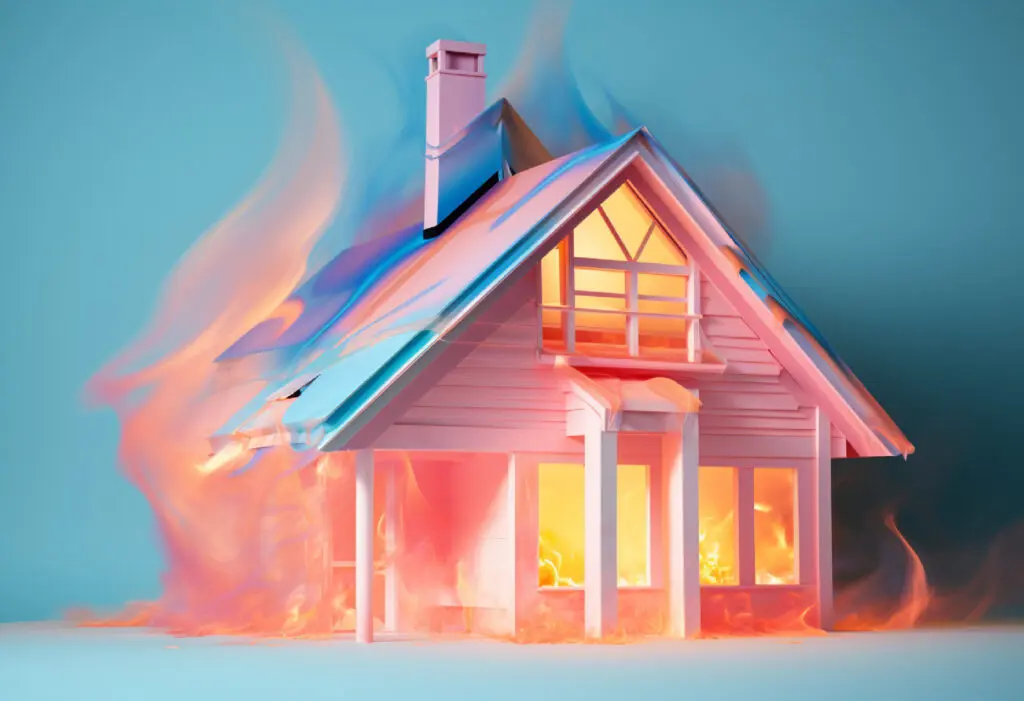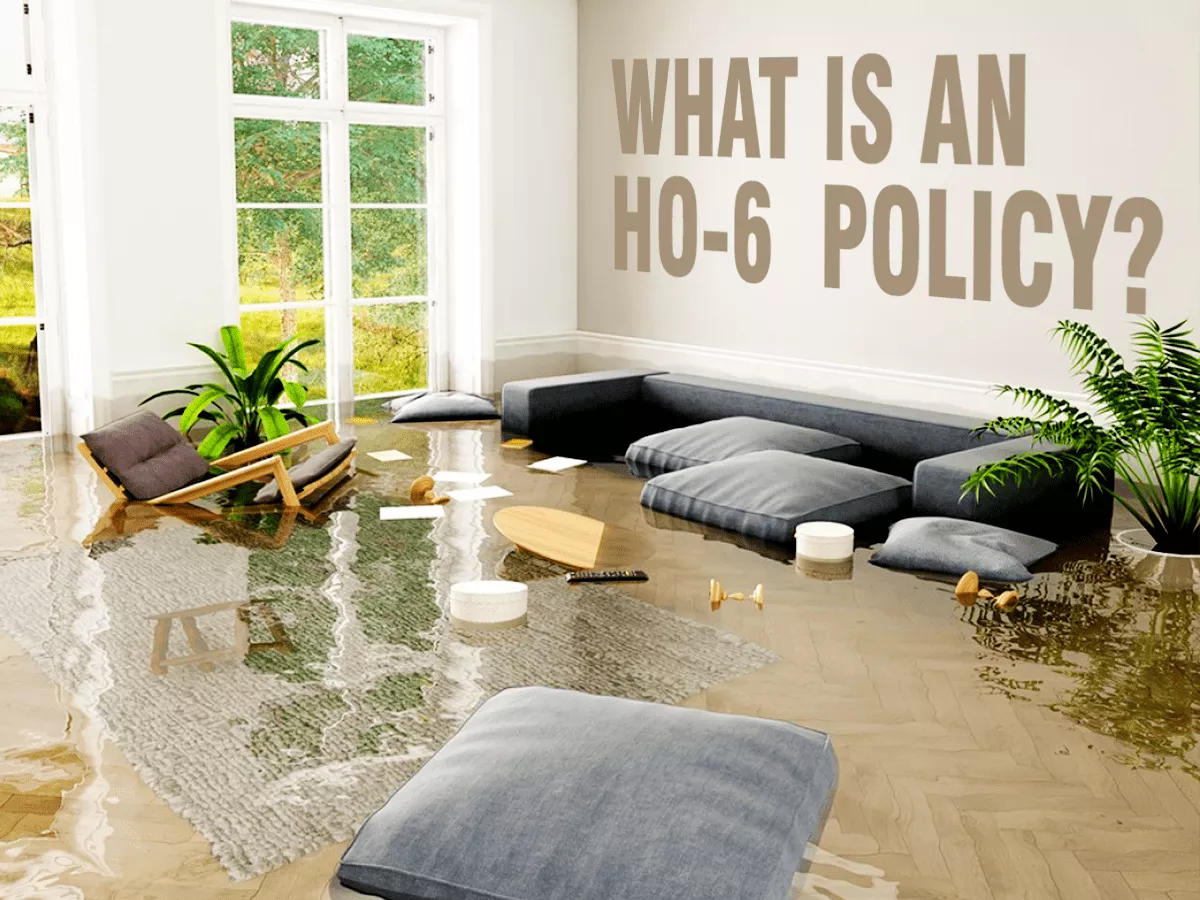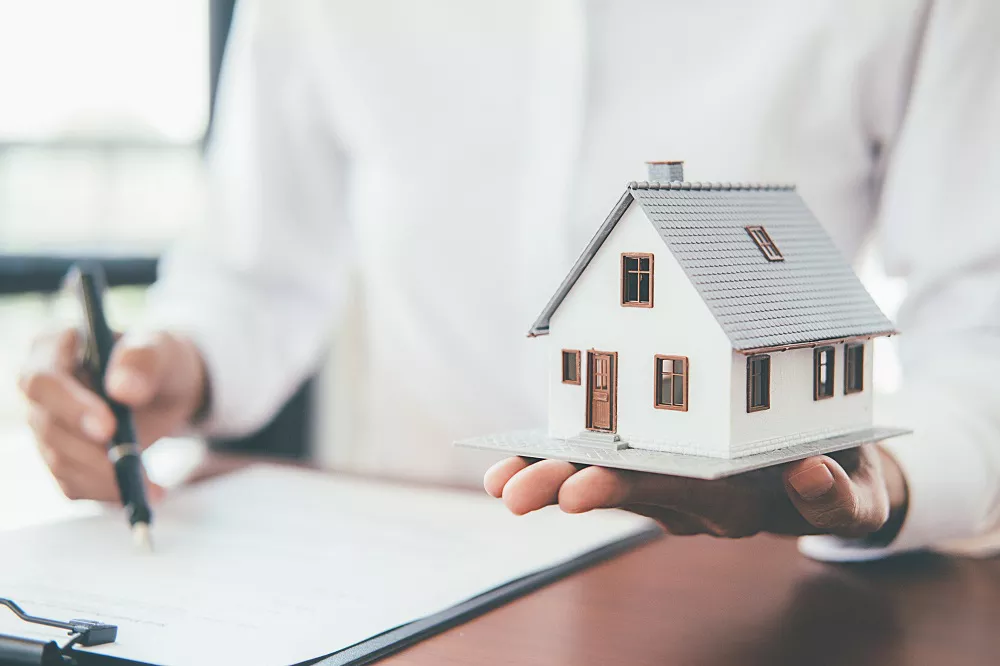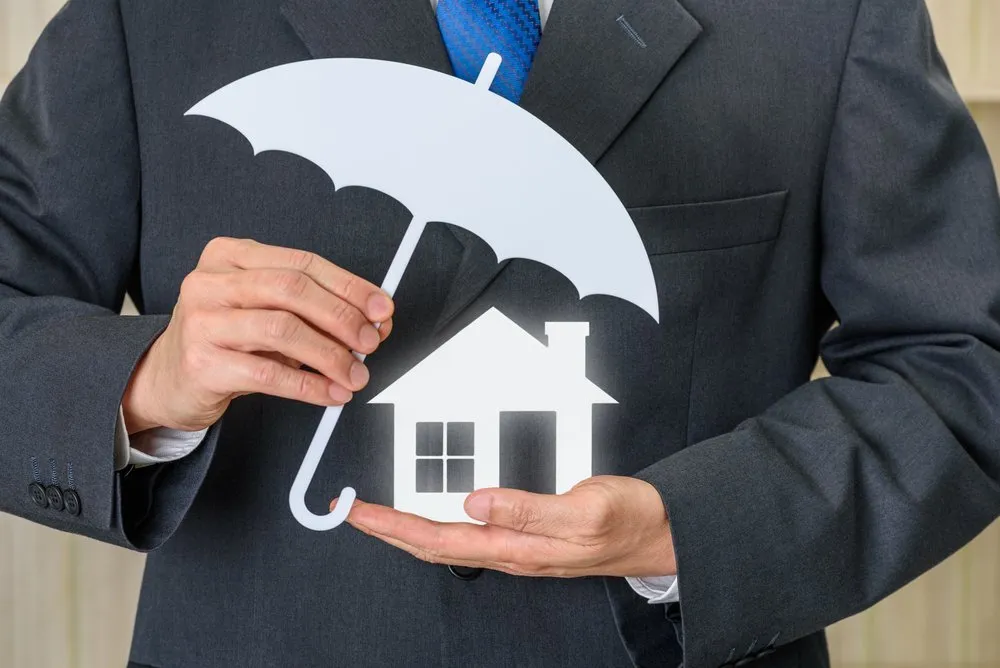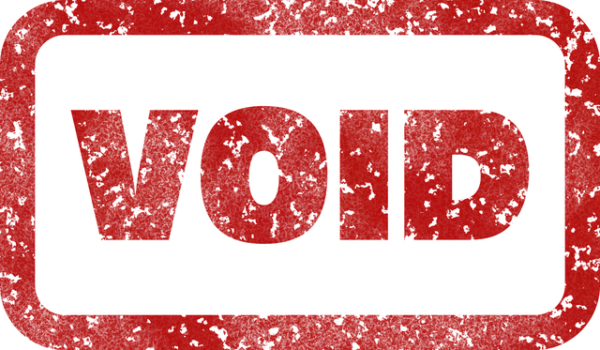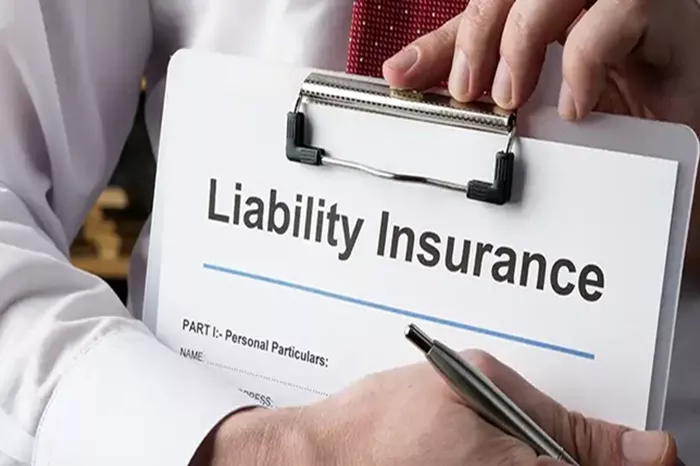Homeownership is a significant milestone in many people’s lives, representing stability, investment, and personal achievement. While owning a home comes with numerous responsibilities, one critical aspect often underappreciated until it’s too late is homeowners insurance. This type of insurance is designed to protect homeowners from financial loss due to damage to the property, liability for injuries occurring on the property, and other related risks. But what happens if you don’t have homeowners insurance? In this comprehensive article, we will explore the various risks, consequences, and financial implications of forgoing homeowners insurance.
Understanding Homeowners Insurance
Homeowners insurance is a type of property insurance that provides coverage for private homes. It combines various personal insurance protections, which can include losses occurring to one’s home, its contents, loss of use (additional living expenses), and liability insurance for accidents that may happen at the home or at the hands of the homeowner within the policy territory.
Basic Coverage Components
Homeowners insurance typically covers:
Dwelling Coverage: This protects the structure of your home, including the walls, roof, and built-in appliances, against damage from perils like fire, windstorms, and hail.
Personal Property Coverage: This extends to your personal belongings, such as furniture, electronics, and clothing, offering protection if they are damaged or stolen.
Liability Coverage: This offers protection if someone is injured on your property or if you or a family member causes damage to someone else’s property.
Additional Living Expenses (ALE): If your home becomes uninhabitable due to a covered loss, ALE covers the cost of living elsewhere while repairs are made.
Financial Risks of Not Having Homeowners Insurance
Homeowners insurance is not just a formality; it is a crucial financial safety net. Without it, you are exposed to significant financial risks. Here are some of the major financial consequences of not having homeowners insurance:
Paying Out-of-Pocket for Damages
If your home is damaged by a covered peril such as a fire, storm, or burglary, you would be responsible for all repair and replacement costs out-of-pocket. These costs can quickly escalate into tens or even hundreds of thousands of dollars, potentially leading to financial ruin.
Mortgage Lender Requirements
Most mortgage lenders require homeowners insurance as a condition of the loan. If you let your homeowners insurance lapse, your lender may purchase a policy on your behalf, known as “force-placed insurance,” which is often significantly more expensive and provides less coverage.
Legal and Liability Risks
Without homeowners insurance, you are also exposed to various legal and liability risks. These can be particularly severe and may have long-lasting consequences.
Liability for Injuries
If someone is injured on your property and you don’t have homeowners insurance, you could be held personally liable for their medical expenses, lost wages, and pain and suffering. These costs can be substantial and may result in lawsuits, leading to even higher legal fees and court costs.
Lawsuits and Legal Costs
Even if you are not found liable, the legal costs of defending yourself in court can be financially draining. Homeowners insurance typically includes liability coverage that helps cover these legal expenses.
See Also: Cheapest Homeowners Insurance in July 2024
Impact on Property Value and Marketability
Lack of homeowners insurance can also negatively impact the value and marketability of your property. Here’s how:
Difficulty Selling Your Home
Potential buyers are likely to be deterred by a lack of insurance coverage, as they would inherit the risk of not having protection against potential damages and liabilities.
Decreased Property Value
A home without insurance can be seen as a higher risk investment, leading to lower offers from potential buyers. This can significantly reduce the property’s market value.
Emotional and Psychological Stress
Beyond financial and legal consequences, not having homeowners insurance can also take a toll on your mental and emotional well-being.
Anxiety and Uncertainty
Living without the safety net of insurance can cause constant anxiety and uncertainty. The fear of potential financial ruin from an unexpected event can be overwhelming.
Impact on Family and Relationships
The stress and strain of dealing with the aftermath of an uninsured disaster can also affect family dynamics and relationships, leading to conflicts and emotional distress.
Case Studies and Real-Life Examples
To better understand the impact of not having homeowners insurance, let’s look at some real-life examples and case studies.
Case Study 1: The Devastating Fire
John and Lisa, a couple in their mid-30s, decided to forgo homeowners insurance to save money. Unfortunately, a kitchen fire caused extensive damage to their home. Without insurance, they were forced to use their savings and take out loans to cover the repair costs, putting them in significant debt.
Case Study 2: The Slip-and-Fall Lawsuit
Emma, a single mother, did not have homeowners insurance. When a delivery person slipped on her icy driveway and broke their leg, she was sued for medical expenses and lost wages. The lawsuit resulted in a judgment against her, leading to garnished wages and financial hardship.
Case Study 3: The Severe Storm
Mark and Sarah, a retired couple, decided to forego homeowners insurance in an effort to cut down on their monthly expenses. They lived in a region prone to severe storms, but they had never experienced significant damage in the past, so they felt the risk was minimal. Unfortunately, a severe storm hit their area, causing a tree to fall on their roof and leading to extensive water damage throughout the house.
Without insurance, Mark and Sarah had to pay for the repairs out of pocket, which included replacing the roof, repairing structural damage, and dealing with mold remediation. The total cost amounted to over $50,000, which significantly depleted their retirement savings. The stress of managing the repairs and the financial burden took a toll on their health and well-being.
Case Study 4: The Burst Pipe
Michael, a young professional, recently purchased his first home. To save money, he decided to delay purchasing homeowners insurance, thinking that he could get by without it for a few months. One winter night, a pipe burst in his home, causing significant water damage to the floors, walls, and personal belongings.
Without insurance, Michael had to cover the cost of the emergency repairs, including hiring a plumber to fix the burst pipe, replacing damaged drywall, and purchasing new furniture and electronics. The total cost was over $20,000, which he had to pay using his credit cards and a personal loan. This unexpected expense put him into debt and affected his credit score. The financial strain and stress also impacted his work performance and overall quality of life.
Conclusion
Homeowners insurance is a critical component of responsible homeownership. It provides financial protection against unexpected damages and liabilities, ensuring that you are not left vulnerable to significant financial risks. Without it, you expose yourself to potential financial ruin, legal issues, and emotional stress. While the cost of homeowners insurance may seem like an unnecessary expense, the peace of mind and security it provides are invaluable. Investing in homeowners insurance is not just a financial decision; it is a crucial step in safeguarding your home, your assets, and your future.

